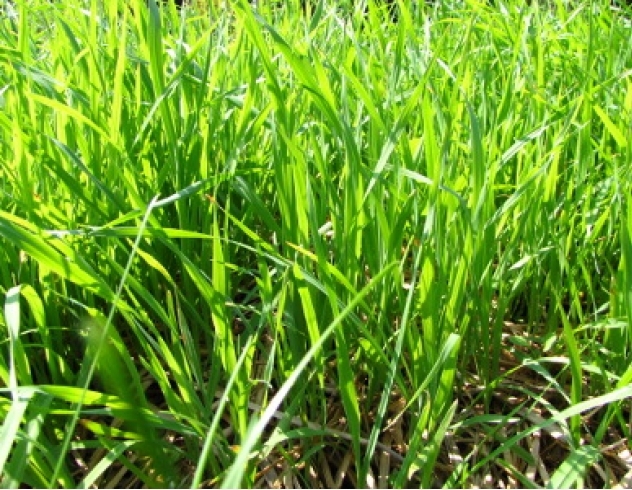News & Events

Crop Corner – The Benefits of Cover Crops
August 03, 2015

In an effort to improve the quality and productivity of their soil, growers are taking a look at cover crops as a means to benefit soil health. In the past farms were much smaller units and not as specialized. The typical farm was a mix of livestock, feedstock such as hay and silage, and cash crops. This by its nature lent itself to better soil structure with the prudent use of manure and rotation.
Today we still have general farm operations that operate successfully, but as we can all see the trend is toward much larger operating units which specialize in row crops. With larger equipment and bigger fields, productivity goes up with the use of less labor. The challenge is that with increased nutrient removal, less field cover (i.e. Bean stubble), soil erosion, wind & water; management becomes more critical to control these issues. There are several tools available to the grower such as soil sampling, tile drainage, grass waterways, wind breaks etc. Cover crops can also become an important part of the strategy to preserve your valuable asset of soil and nutrients. They can be formulated to accomplish specific goals such as: reduce soil erosion, add organic matter, reduce nutrient losses, reduce pest population, reduce compaction and improve soil structure, water management and emergency forages.
In this growing area the most suitable seed mixes are designed to be planted into wheat stubble (August 15 – September 15). The crop can then grow and mature before dying off at the first killer frost. In the case of corn and soybeans most of the time you must seed into the crop to get the full benefit.
With new government regulations concerning phosphate and soil runoff into our rivers and streams, this would be another good reason to look into trying these mixes on your farm.
If you have questions feel free to call us at Clark Agri Service.
This Crop Corner has been written by John Welsh, Sales Agronomist at Clark Agri Service. John can be reached by email jwelsh@clarkagriservice.com or by phone 905-984-9351